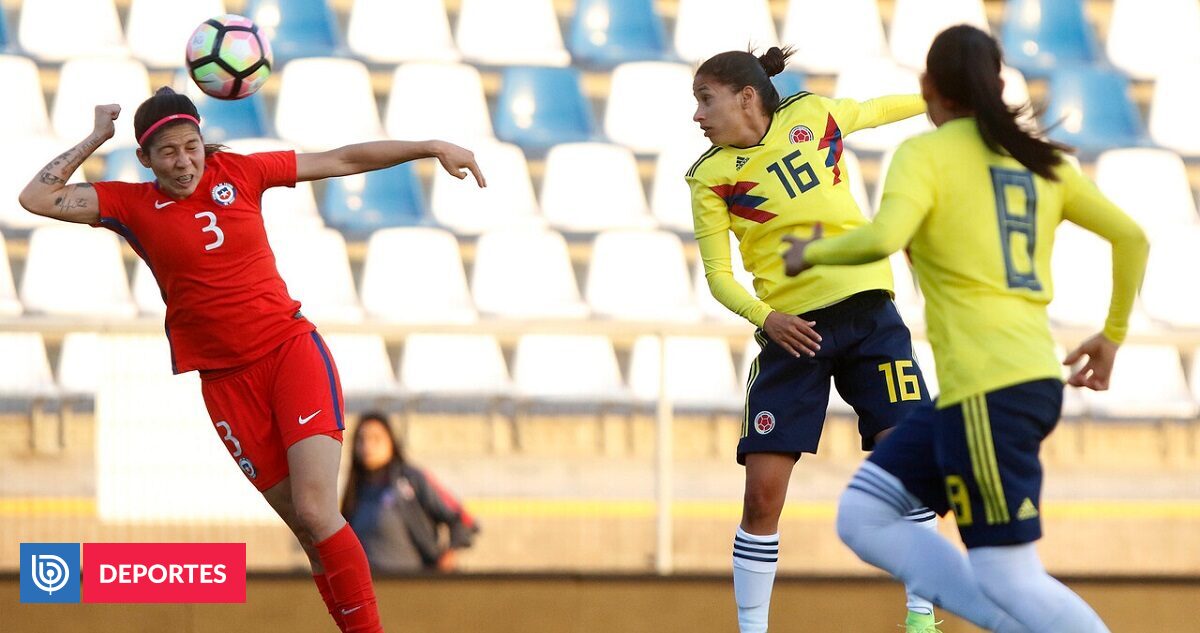
In order to ensure that the new collective bargaining agreement between the USWNT and players' union is ratified, the U.S. Soccer Federation will settle a woman's soccer case. The suit was brought by players who claim that the league discriminates against women players. The settlement is contingent upon the ratification by the USWNT players union of a new collective bargainING arrangement. This will help stabilize women soccer in the United States.
U.S. Soccer settles with women's soccer players
After their lawsuit was settled outside of court, the USSF has reached an agreement with women's football players. Carlos Cordeiro, USSF's president, commented on the differences in skill between women & men. This led to the lawsuit. Cordeiro claimed that men are more skilled than women, but that is false. After the allegations were made, Cordeiro resigned.
The settlement amount is $22,000,000 and will be distributed between 28 USWNT players. The remaining $2 million will go towards a women's soccer charity. This settlement ends litigation that was filed in 2019 against USSF. It involved allegations of gender discrimination at the United States Soccer Federation. The women's soccer team claimed that they were less well paid than men and had to play in more dangerous conditions.

The women's team has enjoyed the same popularity as their male counterparts. Their combined Instagram followers are 2.1 million. Despite negative press surrounding U.S. Soccer settlements, the women's football team remains one of most popular in the United States.
Settlement contingent upon ratification by the USWNT players association of a new collective bargaining arrangement
The United States Soccer Federation and the USWNT Players Association reached a tentative settlement, which is contingent upon the ratification of a new collective bargaining agreement. The settlement is a major win for gender equality in the game. The parties have agreed to extend the current CBA through March 31, at which point the parties will seek final approval of the settlement.
The new collective bargaining agreement (CBA) between the U.S. Soccer Federation and the USWNT players' union will guarantee that both teams will have equal pay and working conditions in December 2020. The settlement also makes the men's and women's teams pay according to performance, and both teams will be paid equally through pay-to-play systems.
In March 2016, a player association representing the USWNT filed a complaint to the Equal Employment Opportunity Commission alleging that the USWNT had been unfairly discriminated against. Despite the dismissal of the complaint, US Soccer indicated that it was willing to negotiate and announced in November that it had offered players the same contracts as the men's team. The two sides made an agreement that will ensure equal pay for players and improve the game for women in the United States.

Future of women’s soccer will be affected by the settlement
A federal judge has overturned many aspects of the lawsuit the USWNT players filed against U.S. Soccer. It's unclear whether the settlement will affect the future of women's soccer in the United States. But it does indicate that the USWNT will be paid equally for World Cup wins and for other competitive events. The USWNT's collective bargaining agreement must be approved by the District Court.
The collective bargaining agreement between players and managers has been a win-win situation for women's football. It will mean that women's soccer teams will receive a significant rise in their base pay as well as better match bonuses. This could potentially double the income for some players. Players will have greater control over licensing and marketing rights, in addition to their increased salaries.
Future generations will also benefit from the settlement. Settlements will enable female players to have the same travel benefits and benefits as male players. It will also improve trust between players and federations. This will be the first step towards the long-term goal, which is to improve the future of women’s soccer.